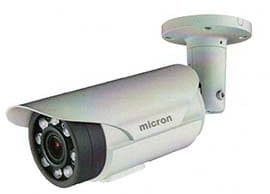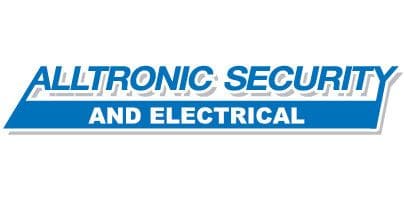NVR vs DVR
When looking at security systems choosing the right data recorder is key.
Whether you are a home or business owner trying to decide between an NVR (Network Video Recorder) and a DVR (Digital Video Recorder) can be overwhelming. If all the technical details are confusing you, how do you decide? It's crucial to keep in mind that in choosing wisely it will make all the difference with your security camera system.
To Put it Simply!
Key differences between Network Video Recorder (NVR) and Digital Video Recorder (DVR) is the technology, camera capabilities and how they process and store video data. It's fair to say each has their advantages and disadvantages, and your choice will come down to your specific security needs, specifications and budget. DVR systems process the video data on the recorder side while NVR systems process the video data on the camera side.
Making an informed decision will ensure your recorder will not have low-quality video, limited camera options, and difficulty in remote access. This often occurs when choosing outdated technology, which may have limited coverage, expensive rewiring requirements, or restrictions on expanding your security system in the future. An NVR will give you higher image quality, better scalability, and remote access. A DVR is ideal if you have existing analog cameras and want a cost-effective setup.

Pros and Cons of a Network Video Recorder (NVR)
There are 3 types of NVR with unique technologies available, to help with your decision making, chat to a security system specialist who will guide you in the right direction. The choices are a regular NVR, WiFi NVR and NVR with built-in PoE (Power over Ethernet)
- NVR works with high-definition IP cameras (known as network cameras)
- Better video quality and higher resolution of up to 4K+ than that of a DVR
- Video recording is achieved by camera sending digital data to NVR
- Installation is flexible and seamless and can be wireless
- Highly expandable with network cameras
- Connection via Cat5/Cat6 ethernet cables
- Reliable remote viewing via mobile and cloud access
- Upfront costs of a NVRs are generally higher than DVR
Pros and Cons of a Digital Video Recorder (DVR)
When choosing a DVR, it's essential to weigh the pros and cons to determine if it's the best recording option for your security system. Depending on your security requirements, DVRs can be a practical choice for both homes and businesses. In general DVRs are a reliable option that suits most budgets.
- DVRs are budget-friendly for existing analog setups
- New DVRs work with every type of camera not just analog
- Set up is generally more complex, requiring direct wiring connections
- Coaxial cables (BNC) connectors are required
- DVRs process raw video from cameras
- Remote viewing capabilities are limited
- Can only connect to a fixed number of BNC ports
- Lower resolution, usually below 1081p
If you need more information or guidance on which system will best fit the security needs of your home or business our dedicated electricians are here to assist.
Resources:
